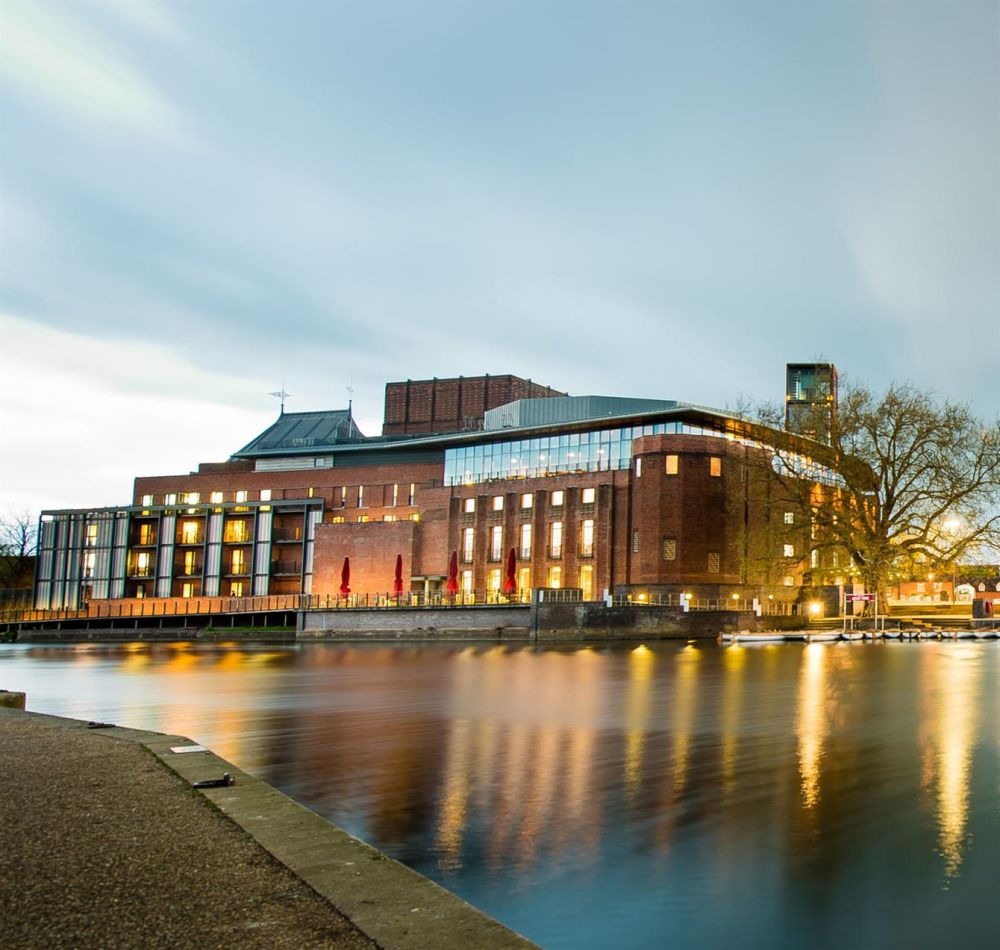

Nestled in the heart of Stratford-upon-Avon, the birthplace of William Shakespeare, the Royal Shakespeare Theatre has been a magnetic point for tourists from around the globe. The origins of the theatre are closely tied to the establishment of the Shakespeare Memorial Theatre, which opened its doors in 1879. The aim was to celebrate the works of England's most famous playwright and to attract visitors to his hometown.
Devastatingly, the original building was destroyed by fire in 1926, but this event sparked an international fundraising campaign that culminated in the opening of the new Shakespeare Memorial Theatre in 1932. In 1961, the theatre was renamed the Royal Shakespeare Theatre (RST) and has since stood as a proud institution dedicated to presenting high-quality performances of the Bard's plays.
Tourism surged as the reputation of the RST as an unparalleled center of Shakespearean performance grew. Not only does the theatre draw crowds for its world-class productions, but it also offers a "behind the scenes" experience, inviting visitors to explore the history and workings of the theatre.
In recent years, the Royal Shakespeare Company (RSC), which operates the theatre, has seen an increase in "immersive" tourism initiatives. With the evolution of audience engagement, the RSC has introduced interactive exhibits, augmented reality (AR) experiences, and a focus on educational programs that allow visitors to delve deeper into Shakespeare's world.
The RSC also embraced digital innovation, particularly in response to the tourism challenges presented by the global events such as the COVID-19 pandemic. Virtual theatre productions and online workshops have been developed to reach international audiences and ensure that the works of Shakespeare remain accessible to everyone, regardless of travel limitations.
Moving forward, the Royal Shakespeare Theatre aims to balance the traditional experience with cutting-edge advancements, subsequently revolutionizing how tourists can interact with the arts. They aspire to create a sustainable tourism model that emphasizes the importance of cultural education, supports the local economy, and focuses on inclusivity and accessibility for all visitors.
The RSC continues to offer a host of experiences for visitors, including guided theatre tours, educational talks, and workshops. Patrons can also enjoy meals at the Rooftop Restaurant with scenic views of the River Avon or visit the theatre's bookshop to purchase Shakespeare-related memorabilia and literature.
The Royal Shakespeare Theatre stands as a testament to the enduring legacy of William Shakespeare and the ever-evolving landscape of cultural tourism. Its commitment to innovation, sustainability, and education ensures that it will remain a beloved destination for theatre aficionados and literary tourists for years to come.